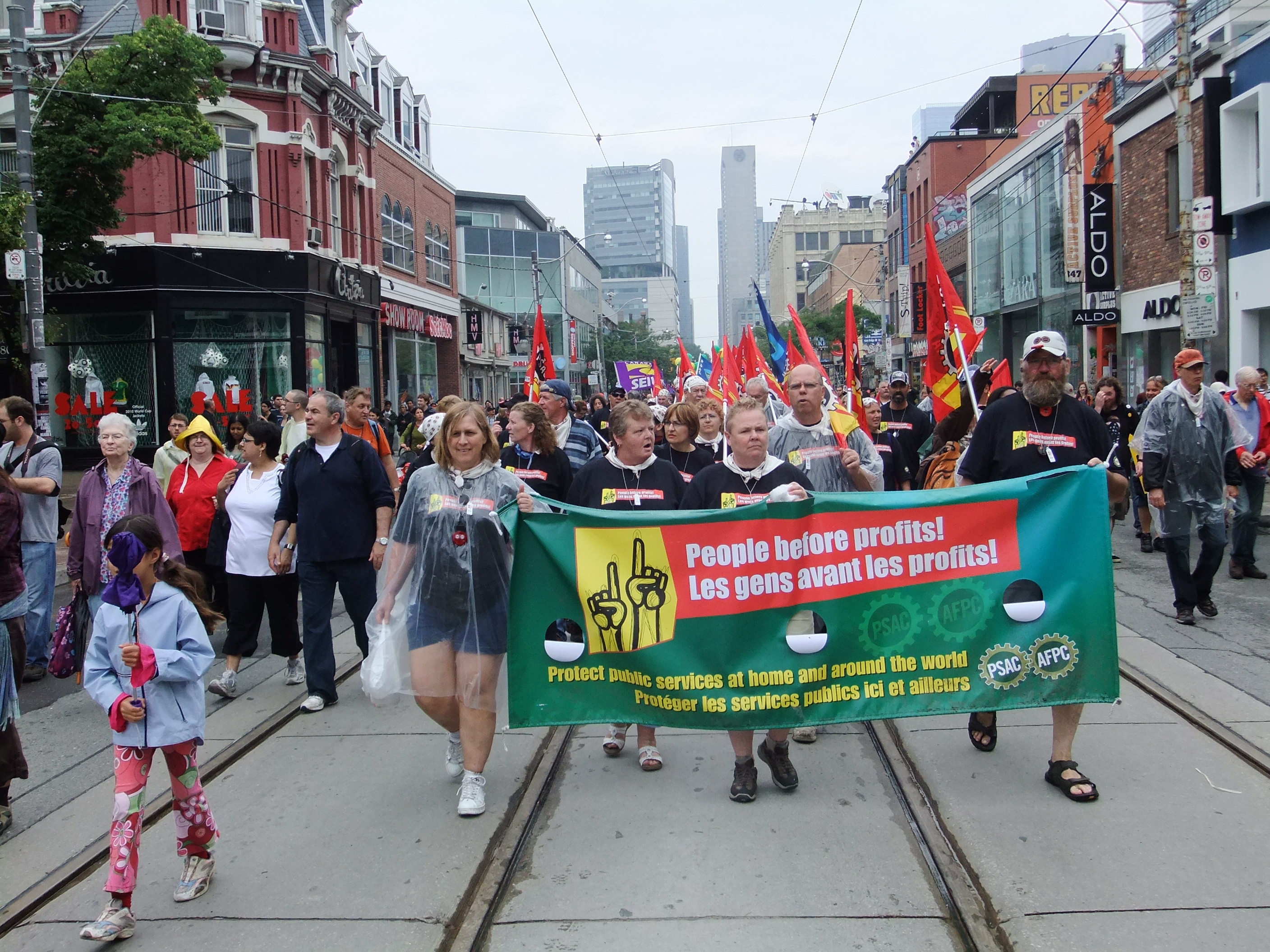I first joined a union when I was nineteen years old. On my first day out of school for the summer, I traveled in my old Chevrolet to one of the potash mines under construction near Saskatoon. The man at the entrance gate told me that if I wanted to work there I would have to join one of the unions. I drove into the city, borrowed some money from my aunt, and went to the union hall to sign up. I was soon a member of the Construction and General Workers Union and working at the mine as a carpenter’s helper.
In the many years since, I have belonged to half a dozen unions and staff associations, including some now called by new names, such the United Food and Commercial Workers, Unifor, and the Canadian Media Guild. I was always pleased to have a union to negotiate salary and working conditions on my behalf with an employer who was more powerful than I was as an individual. That allowed me to concentrate on the work at hand and that was fine with me. In my last job, before I retreated to my study, I worked for the Canadian Labour Congress (CLC), this country’s union central.
Good for communities
While I was there the CLC’s researchers found that unionized workers earned more per hour than non-unionized workers, if only by a modest amount, and that was true in every province and territory. Being in a union was especially important for women and younger workers, who earned more than workers in non-unionized workplaces. It didn’t end there. Many of the benefits first achieved by unions for their members now apply to many other workers as well, including workplace safety standards, parental leaves, vacation pay and protection from discrimination and harassment.
But it’s not all about the individual workers. Unions are good for communities too because members spend their pay cheques at home. Cities and towns with more union members support a richer mix of businesses and services – everything from dentists to daycare. These services benefit everyone in the community.
Societal impact
Unions have a broader societal impact as well. They and their members were long-time advocates for Medicare, which was achieved in the 1960s. They were instrumental in pushing for the Canada Pension Plan and in recent improvements to it, which benefits every retired Canadian – whether or not they ever belonged to a union. For Labour Day in 2017 unions are launching a campaign calling for universal prescription drug coverage for all Canadians. Pharmaceuticals are the fastest growing cost component in health care, and the CLC says that 3.5 million Canadians can’t afford to fill their prescriptions.
All too often the image of unionized men and women is framed by a small, but influential group of corporate lobbyists. They claim that unions are greedy on behalf of their members and that they are always on strike. In fact, we are not talking about CEO-type salaries here but simply about living wages that will support families and communities. And strikes are rare. I was never once on strike in the 45 year span during which I belonged to one union or another – although I have walked the picket lines with people who felt that they had no alternative but to withdraw their labour.
Popes for unions
It was more than 100 years ago that Pope Leo XIII issued a teaching document called an encyclical supporting the right of workers to create unions to protect their interests. The pope was shocked by the hardships and abuses spawned by the industrial revolution. Among the abuses today are those accompanying globalization, which has fostered an assault on wages, benefits and working conditions, along with environmental degradation on a global scale.
The Atlantic, a U.S.-based magazine, recently published an article about the value of unions. The magazine was reacting to the populist anger which Donald Trump was able to marshal among disgruntled workers. Many of them once belonged to unions, but now only a small percentage do. Those workers are now isolated and atomized and thus more susceptible to demagogic manipulation. “When unions work as they should, they serve important social functions,” says the article in The Atlantic. “[Unions] can smooth the jagged edges of globalization by giving workers bargaining power . . . Perhaps most important, they offer workers a way to be heard.”
I no longer belong to a union but I am proud to have done so. Canada’s workers can walk with their heads up on Labour Day.




